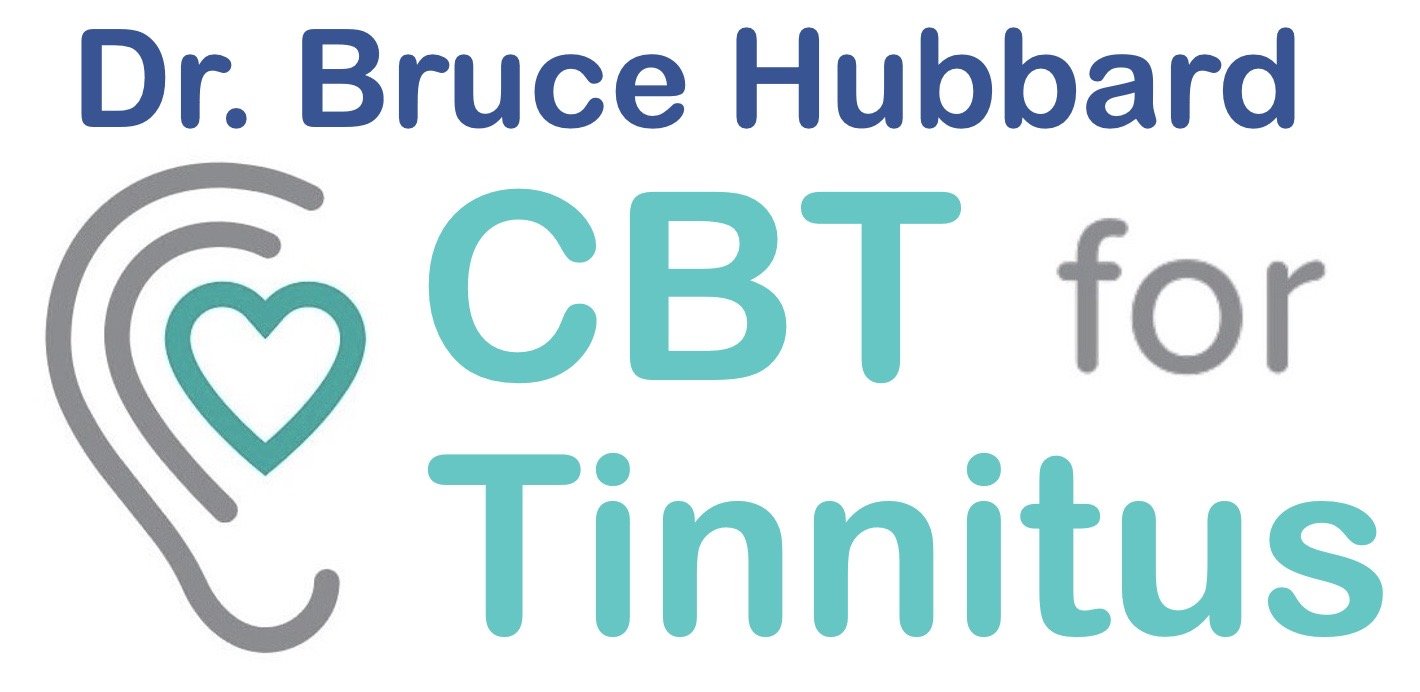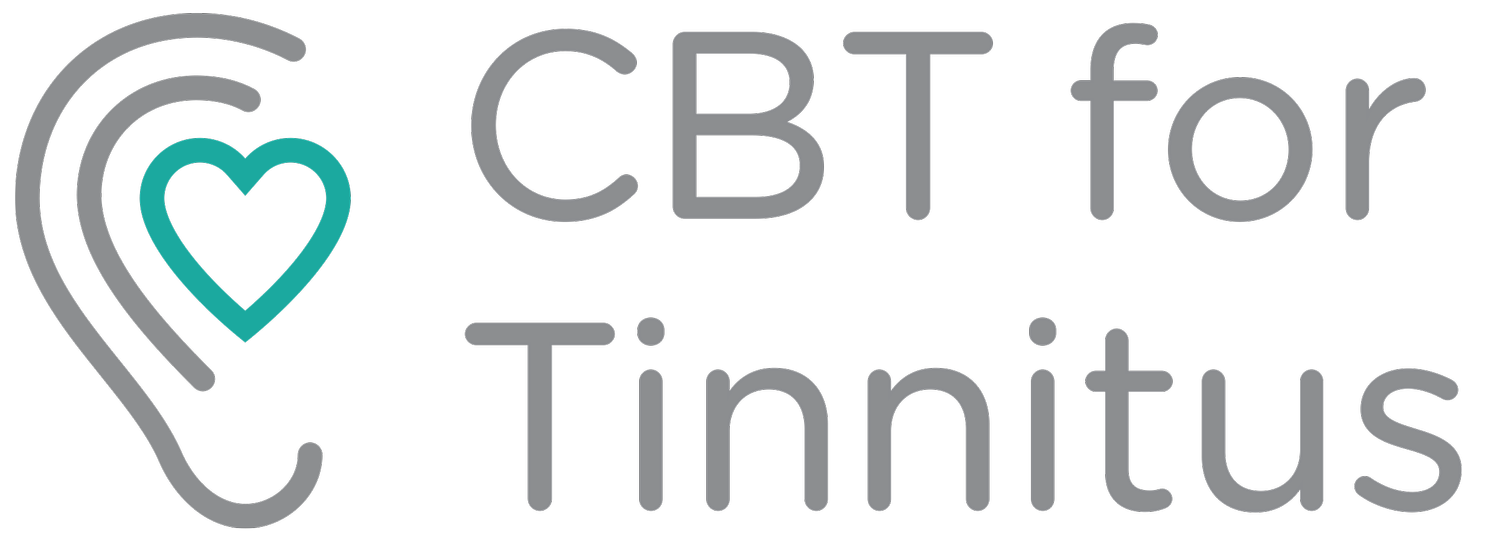CBT for Tinnitus Resources
Resources From Dr. Hubbard
Tinnitus Support Message Board
There are many online tinnitus forums and Facebook groups. These are almost all negative and filled with misinformation that deepens fear and instills false hope. The Tinnitus Support Message Board (TSMB) stands out as a positive, pro-habituation community. If you’d like some positive support and encouragement, this is a good place to start.
Tinnitus Information and Support
Self-Help Books
Cognitive Behavioral Therapy for Tinnitus. Beukes, Andersson, Manchaiah & Kaldo. The best option currently available. Includes traditional cognitive restructuring, relaxation, but also some third wave CBT strategies like mindfulness and exposure to tinnitus sound. Unfortunately pricey.
Tinnitus: Living with the Ringing in Your Ears. By Richard Hallam First self-help book for tinnitus. Out of print. The only CBT self-help book that teaches you how to habituate to tinnitus. Unfortunately pricey.
A Roaring Silence: How to Stop Worrying and Learn to Cope with Tinnitus. By Frode Singsaas. An excellent personal narrative of the habituation process from co-founder of the Tinnitus Support Message Board.
Acceptance-Based CBT for Depression
Acceptance-Based CBT for Anxiety
Tinnitus Professional Guidelines
These “Clinical Guidelines,” based on results of scientifically controlled research on tinnitus, are intended to help professionals provide the most sensible and sensitive assessment and treatment for tinnitus. The language is complex, as it is intended for health professionals. They are included here for both professionals and consumers:
Medication and Tinnitus
If you believe your tinnitus was caused by or made worse by a medication, or you are concerned about starting a new medication, please read this article written by otolaryngologist (ENT doctor) Don McFerran.
Cognitive Behavioral Therapy (CBT)
CBT is the most researched, evidence-based program for tinnitus distress. However, very few cognitive behavior therapists have ever heard of tinnitus! This makes it difficult to access the right treatment. A complete CBT program will include an emphasis on acceptance, cognitive, behavioral, and mindfulness strategies, written materials, worksheets, and weekly homework assignments. You can learn more at these resources:
Acceptance & Commitment Therapy (ACT)
ACT (pronounced “act” as in action) is a type of CBT focused on accepting life’s inevitable hardships like tinnitus and redirecting attention to the actions needed to build a life worth living, no matter the hardship. Behavioral, motivational, acceptance and mindfulness strategies are emphasized. One study found that people who show higher tinnitus acceptance tend to have lower distress, whereas low tinnitus acceptance was associated with higher distress. Another study found Acceptance and Commitment Therapy was effective in reducing tinnitus distress. ACT founder, Steven Hayes, writes about his personal experience with tinnitus and his recovery using ACT strategies. Learn more about ACT at Association for Contextual Behavioral Science.
Mindfulness-Based Cognitive Therapy (MBCT)
Recent evidence supports Mindfulness-Based Cognitive Therapy as an effective treatment for tinnitus distress. Originally designed for recurrent depression, MBCT is a 20 hour program to learn general mindfulness skills and apply them to reducing recurrent depression. The program has been tailored to reduce tinnitus distress. To learn more click here. Very few people are trained in MBCT for tinnitus. MBCT information and services for depression can be found at Center for Mindfulness.
Mindfulness for Tinnitus
Peter Vernezze, LCSW, is a psychotherapist and mindfulnss teacher who has tinnitus. Peter offers online mindfulness for tinnitus courses live several times a year. He also hosts a YouTube channel with lots of relevant information. Get on Peter’s mailing list to learn more. Here’s his website: https://therapistwithtinnitus.com/

